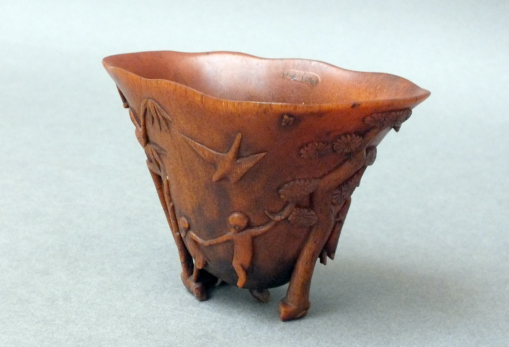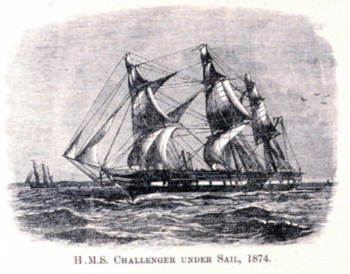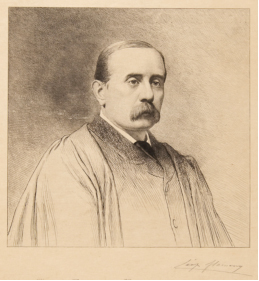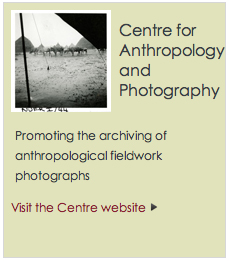Amulet Trail: Beaker to detect poison, China
 PRM 1901.71.1
PRM 1901.71.1
This beaker is made from rhinoceros horn and carved with images of animals, birds and trees. It is said to be able to magically detect poisoned drinks by making them effervesce.
It was collected by Professor Henry Nottidge Moseley during his time aboard HMS Challenger on her voyage around the globe in 1872–1876, a voyage famous for developing the science of oceanography and discovering life on the deep sea bed. Moseley was a naturalist and one of five scientists on board whose job it was to study and record the flora, fauna and places they came across.

 After the voyage Moseley returned to academia. He was elected a Fellow of the Royal Society, and was appointed Professor of Human and Comparative Anatomy at Oxford. He worked tirelessly at reviving the natural science schools within the University and was crucial in securing the Pitt-Rivers anthropological collection, which he then took on the task of housing and organizing in the 1880s until his health failed.
After the voyage Moseley returned to academia. He was elected a Fellow of the Royal Society, and was appointed Professor of Human and Comparative Anatomy at Oxford. He worked tirelessly at reviving the natural science schools within the University and was crucial in securing the Pitt-Rivers anthropological collection, which he then took on the task of housing and organizing in the 1880s until his health failed.






